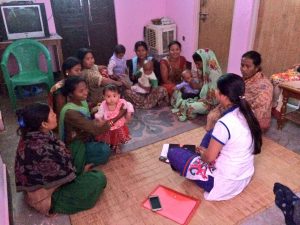 As promised to our audience at the 31st International Confederation of Midwifery Triennial Congress in Toronto today: the slides used on our session ‘Mental health training for community maternity workers in Nepal. The slides in PDF format can be accessed here: Nepal THET ICM 2017. Our project brought together academics, midwives, nurses, and other health workers in Nepal and the UK to help in the training of Auxiliary Nurse Midwives in Nawalparasi on key aspects of mental health and mental health promotion. The project led by Bournemouth University was funded under the Health Partnership Scheme (HPS) which is managed by a London-based organisation called THET (Tropical Health & Education Trust).
As promised to our audience at the 31st International Confederation of Midwifery Triennial Congress in Toronto today: the slides used on our session ‘Mental health training for community maternity workers in Nepal. The slides in PDF format can be accessed here: Nepal THET ICM 2017. Our project brought together academics, midwives, nurses, and other health workers in Nepal and the UK to help in the training of Auxiliary Nurse Midwives in Nawalparasi on key aspects of mental health and mental health promotion. The project led by Bournemouth University was funded under the Health Partnership Scheme (HPS) which is managed by a London-based organisation called THET (Tropical Health & Education Trust).
Can I also take the opportunity to list all our collaborators in Nepal and UK:
Padam Simkhada, Bhimsen Devkota, Shyam K. Maharjan, Lokendra Sherchan, Ram Chandra Silwal, Krishna Acharya, Bishnu G.C., Ram K. Maharjan, Bibha Simkhada, Jillian Ireland, Jane Stephens, Colette Fanning, Edwin van Teijlingen, Geeta Sharma, Samridhi Pradhan, Seam MacKay, Ish Fawcett, Andrea Lawrie, Dave Havelock, Liz Murphy, Rose Pringle, Sapana Bista, Chrissy Reeves & Flora Douglas.
Prof. Edwin van Teijlingen
Centre for Midwifery, Maternal & Perinatal Health
 On the tenth anniversary of the international Open Access journal PLOS ONE we received an email to inform us that one of our articles was among the top ten per cent of most cited articles in this journal. The email referred to our paper ‘Factors influencing adherence to antiretroviral treatment in Nepal: A mixed-methods study’ [1]. Not bad considering that PLOS ONE has published over 4,300 articles since its inception.
On the tenth anniversary of the international Open Access journal PLOS ONE we received an email to inform us that one of our articles was among the top ten per cent of most cited articles in this journal. The email referred to our paper ‘Factors influencing adherence to antiretroviral treatment in Nepal: A mixed-methods study’ [1]. Not bad considering that PLOS ONE has published over 4,300 articles since its inception.
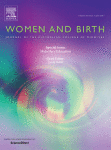
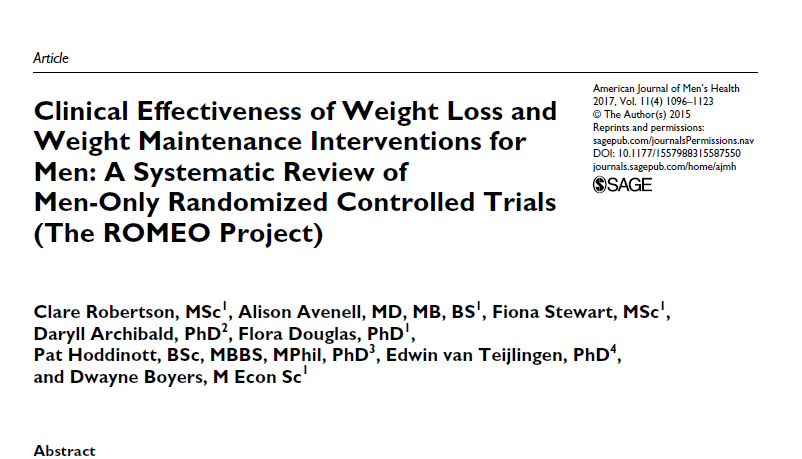
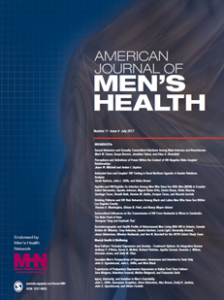

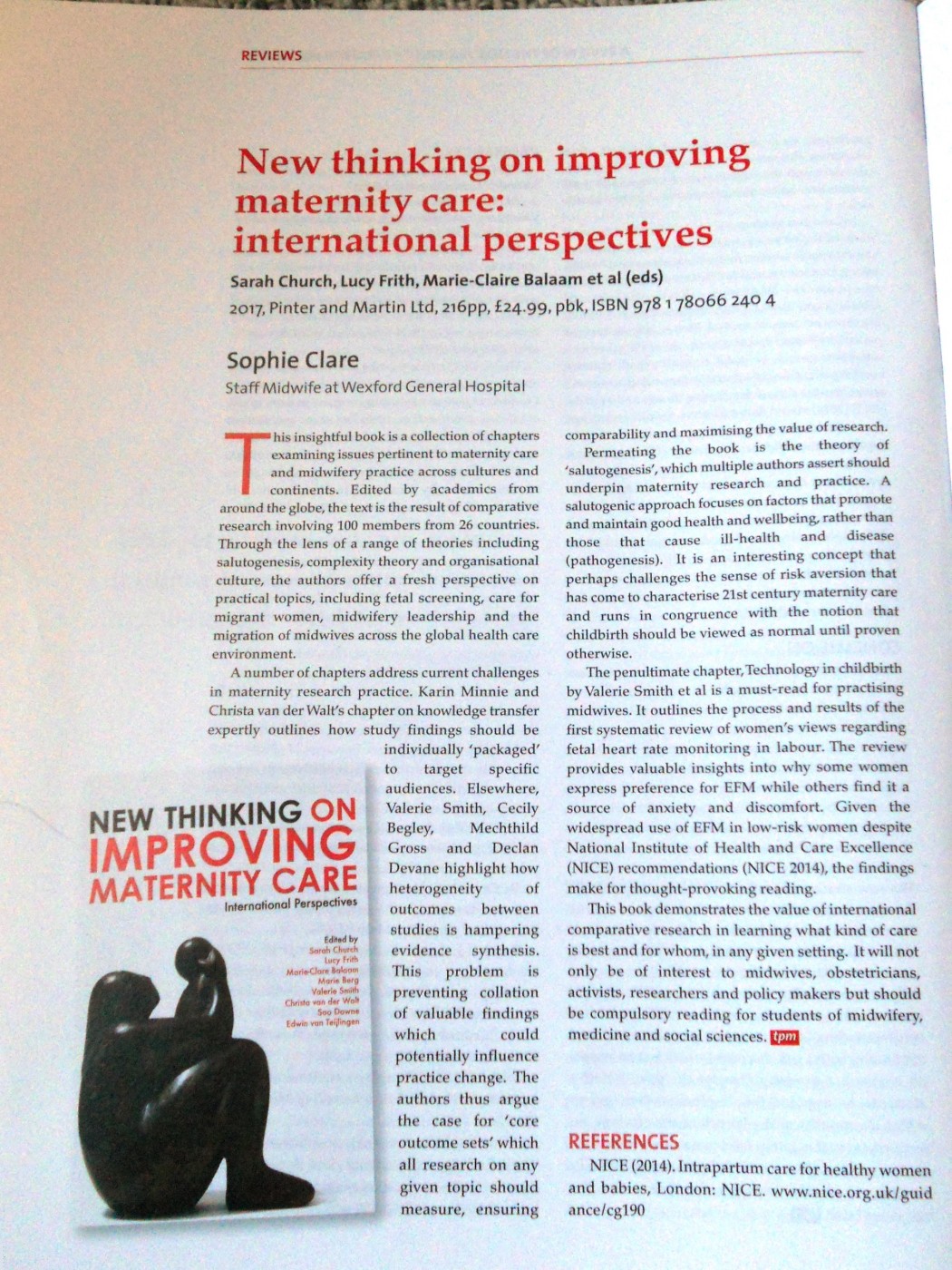
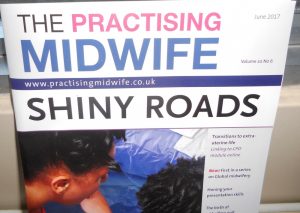
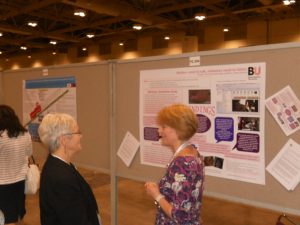
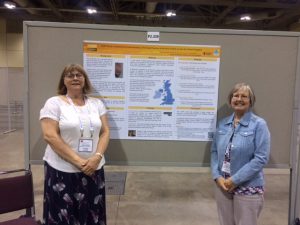
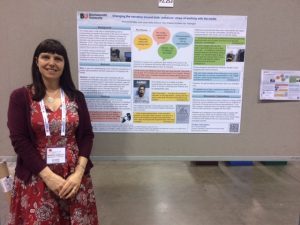
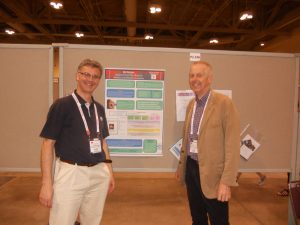

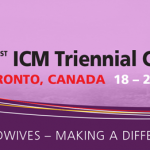
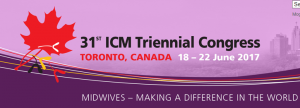
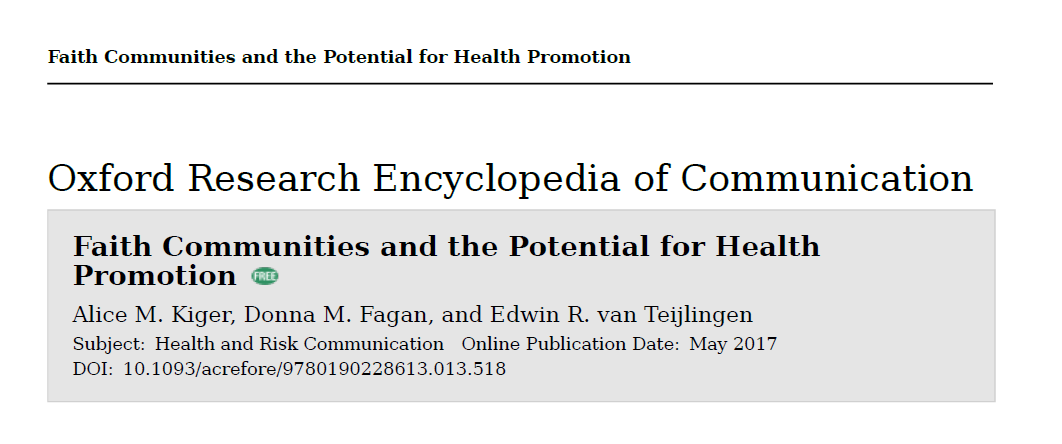
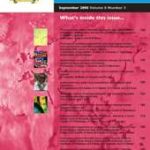
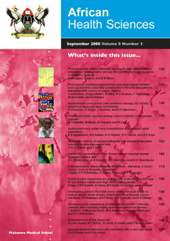
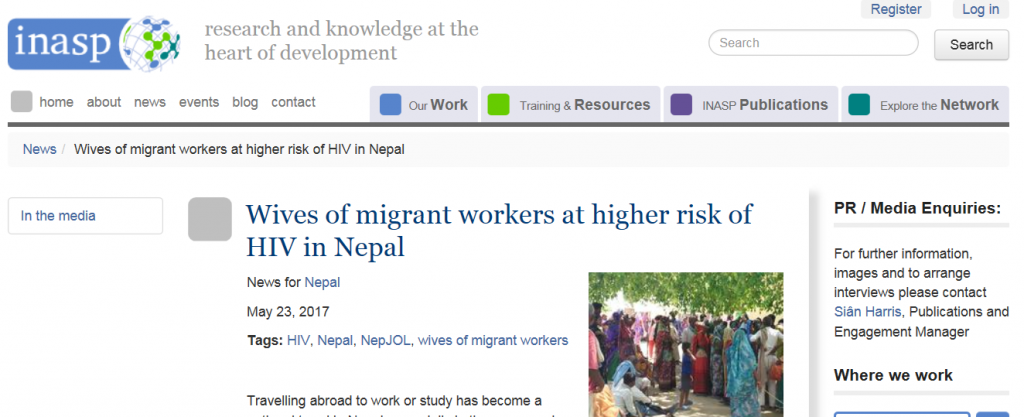
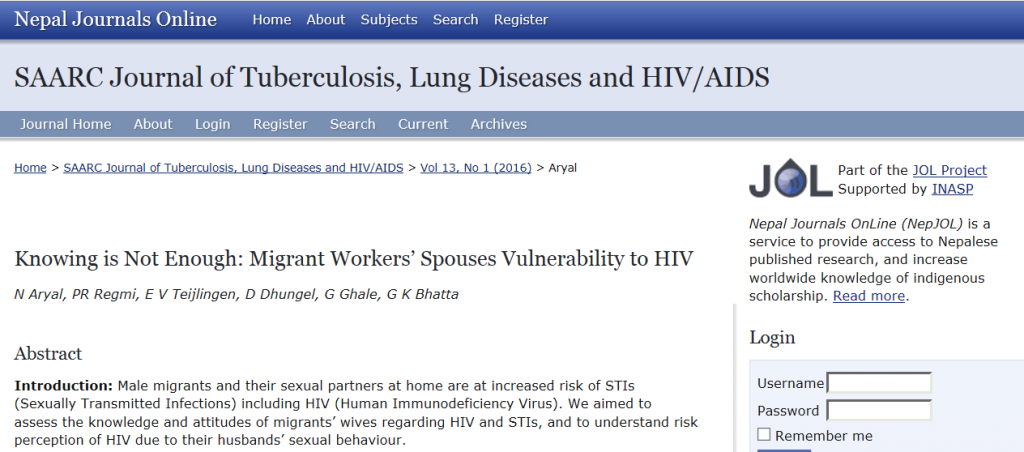

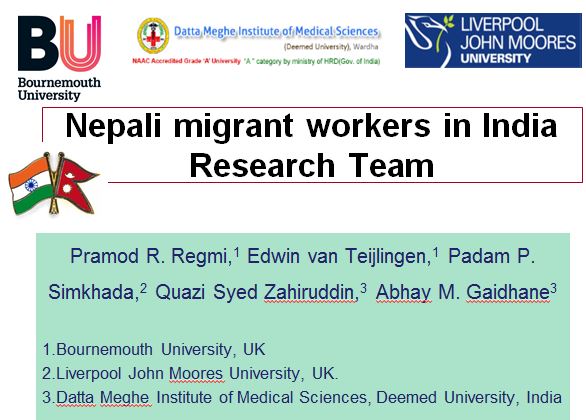
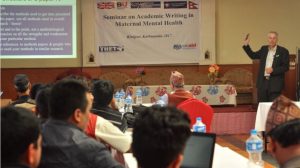
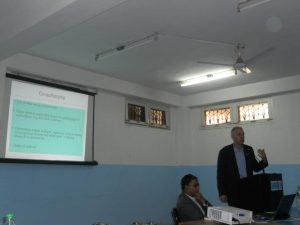
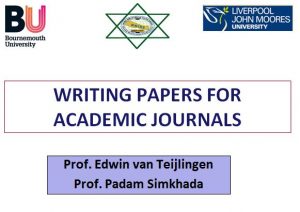



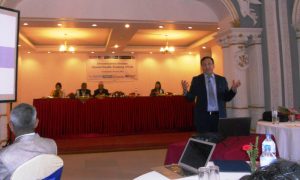
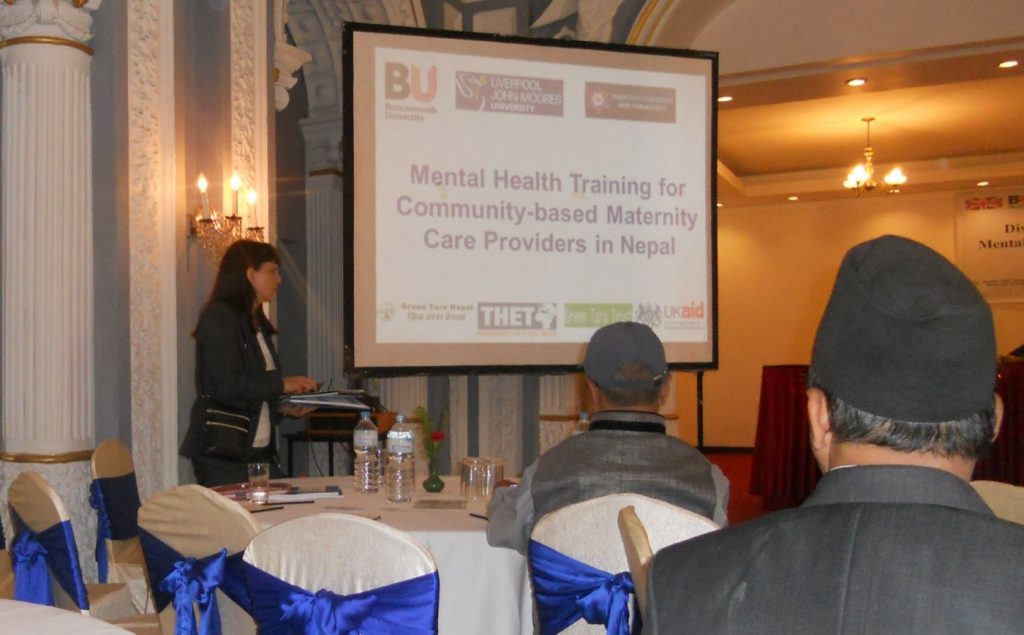
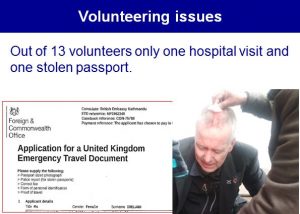
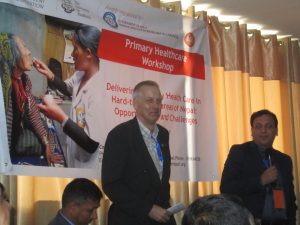




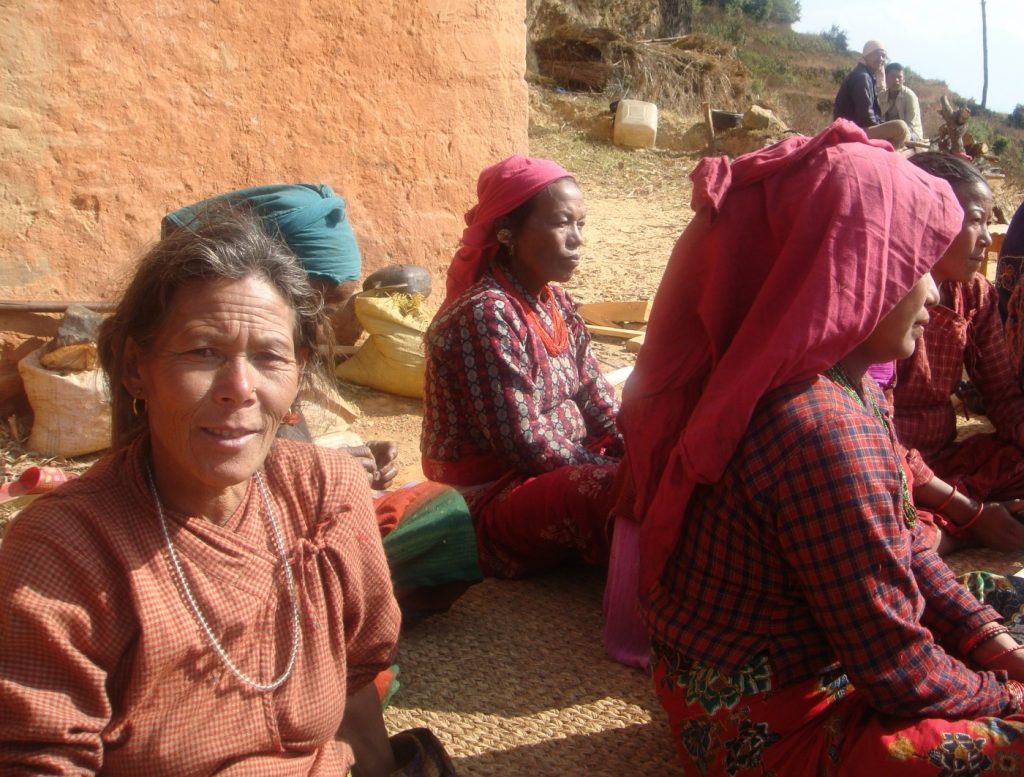











 Second NIHR MIHERC meeting in Bournemouth this week
Second NIHR MIHERC meeting in Bournemouth this week Dr. Ashraf cited on ‘Modest Fashion’ in The Guardian
Dr. Ashraf cited on ‘Modest Fashion’ in The Guardian NIHR-funded research launches website
NIHR-funded research launches website MSCA Postdoctoral Fellowships 2025 Call
MSCA Postdoctoral Fellowships 2025 Call ERC Advanced Grant 2025 Webinar
ERC Advanced Grant 2025 Webinar Horizon Europe Work Programme 2025 Published
Horizon Europe Work Programme 2025 Published Horizon Europe 2025 Work Programme pre-Published
Horizon Europe 2025 Work Programme pre-Published Update on UKRO services
Update on UKRO services European research project exploring use of ‘virtual twins’ to better manage metabolic associated fatty liver disease
European research project exploring use of ‘virtual twins’ to better manage metabolic associated fatty liver disease